
Find Help
More Items From Ergsy search
-
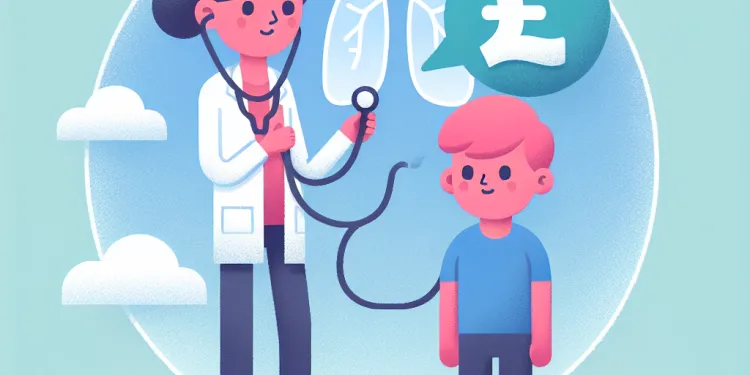
What is lupus in children?
Relevance: 100%
-

Lupus in children | NHS
Relevance: 99%
-

What causes lupus in children?
Relevance: 96%
-

How is lupus diagnosed in children?
Relevance: 95%
-

What are the common symptoms of lupus in children?
Relevance: 92%
-

Who are SEND children?
Relevance: 31%
-

What are SEND children?
Relevance: 31%
-

Is Baxdrostat suitable for children?
Relevance: 31%
-

Children's Vaccination Schedule
Relevance: 30%
-
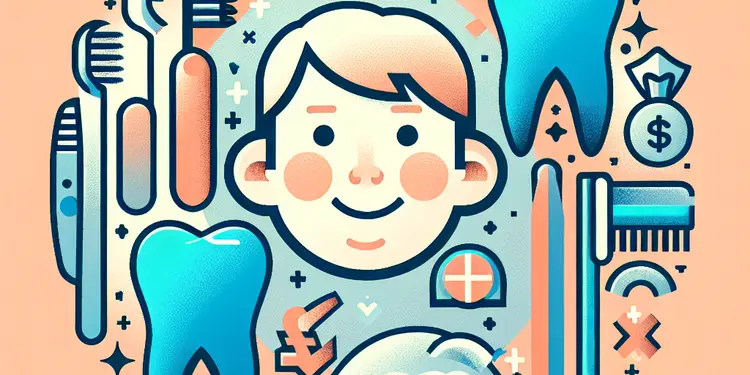
Is tooth decay common in children?
Relevance: 29%
-

Are there specific mobility equipment for children?
Relevance: 29%
-

Can children use Mounjaro?
Relevance: 29%
-

Can children outgrow asthma?
Relevance: 29%
-
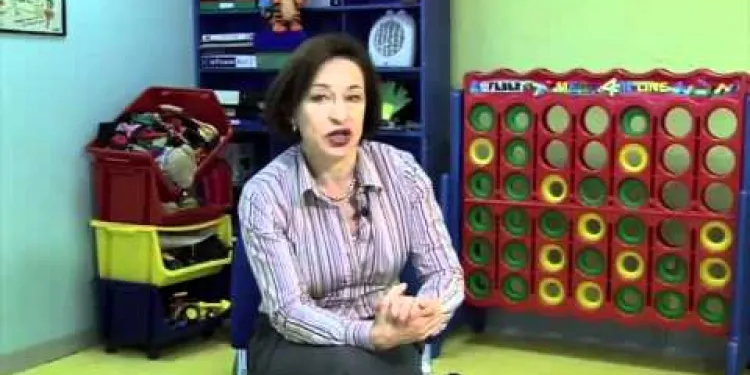
Children With Co-ordination Difficulties and Dyspraxia
Relevance: 29%
-

Understanding Mental Health in Children
Relevance: 29%
-

Can Wegovy be used by children?
Relevance: 29%
-

Can defibrillators be used on children?
Relevance: 29%
-

Dyspraxia Children: How to Help
Relevance: 29%
-

Why do some children stammer?
Relevance: 28%
-

Do groomers target children with specific vulnerabilities?
Relevance: 28%
-
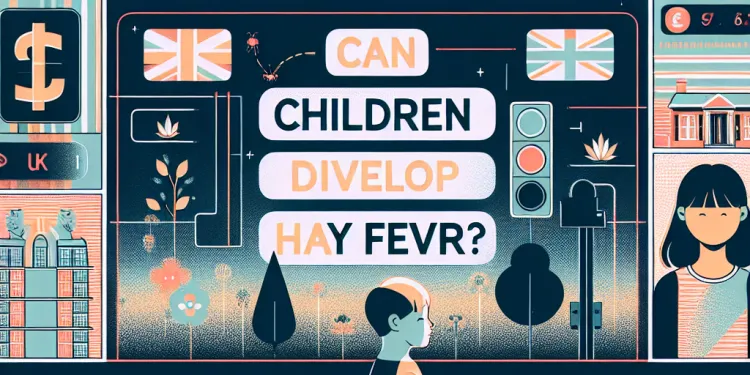
Can children develop hay fever?
Relevance: 28%
-

Can children have sleep apnea?
Relevance: 28%
-

Can children develop Crohn's disease?
Relevance: 28%
-

How is progress measured for SEND children?
Relevance: 27%
-

Do SEND children attend mainstream schools?
Relevance: 27%
-

Can Wegovy tablets be used for children?
Relevance: 27%
-

Do children need a separate passport to travel to the EU?
Relevance: 27%
-
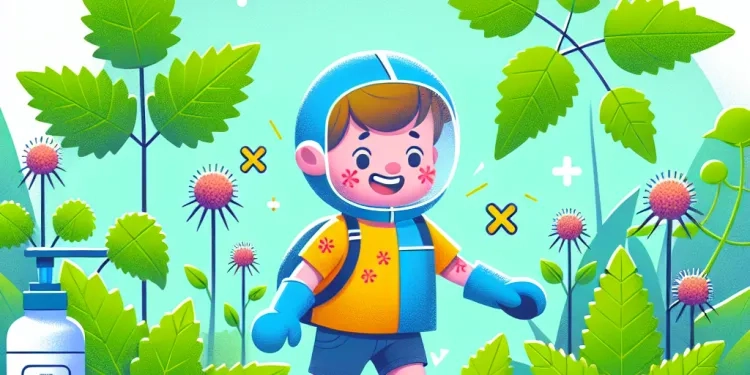
Can children get nettle rash?
Relevance: 27%
-

Are children more affected by new variants of COVID?
Relevance: 27%
-

Can children get NHS dentist appointments?
Relevance: 27%
-

Helping Children With Co-ordination Difficulties
Relevance: 27%
-

Can SEND children access extracurricular activities?
Relevance: 27%
-

Can children develop chronic fatigue syndrome?
Relevance: 27%
-

Are there any criticisms of the social media ban for children?
Relevance: 26%
-

Can children benefit from chiropractic care?
Relevance: 26%
-
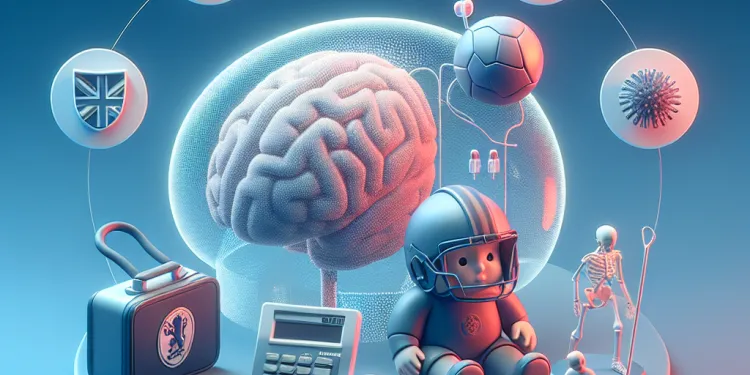
Are children more susceptible to concussions than adults?
Relevance: 26%
-
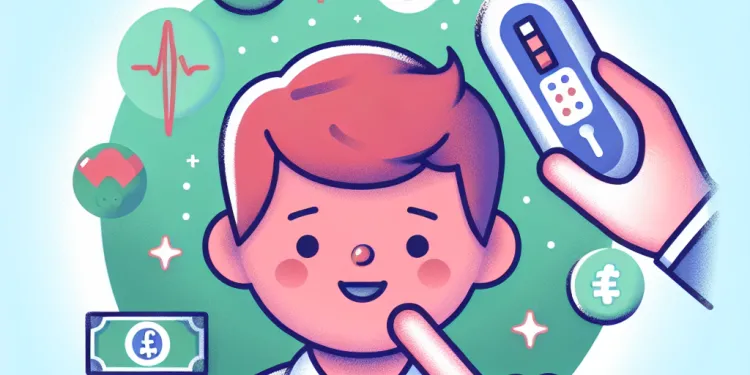
Which medication should be avoided for children with fevers?
Relevance: 26%
-

What is the social media ban for children in Australia?
Relevance: 26%
-

Can children with disabilities access school meals?
Relevance: 26%
-
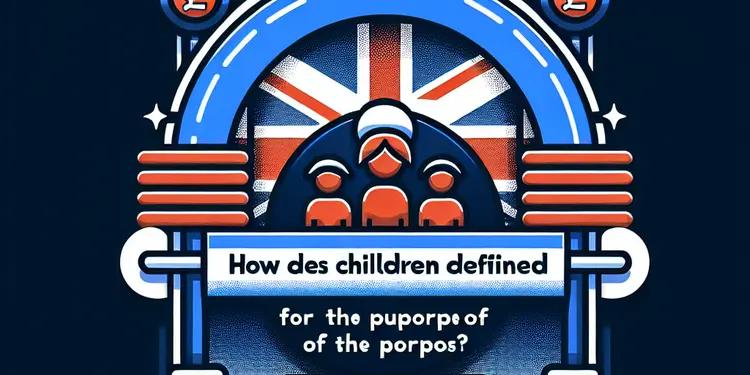
How are children defined for the purpose of this ban?
Relevance: 26%
What Causes Lupus in Children?
Understanding lupus and its causes is essential, given its impact on children. Lupus, an autoimmune condition, arises when the immune system mistakenly attacks the body's own healthy tissues. Although the exact cause of lupus in children remains unclear, several factors are believed to contribute to its onset.Genetic Predisposition
Genetic factors play a significant role in the development of lupus. Children with a family history of lupus or other autoimmune disorders are at a higher risk. Specific genetic mutations may influence the immune system's response, making these children more susceptible to developing the condition.Environmental Triggers
Various environmental factors can trigger lupus in genetically predisposed children. These include infections, such as those caused by viruses, which can stimulate an abnormal immune response. Additionally, exposure to ultraviolet (UV) light from the sun may exacerbate lupus symptoms in affected children.Hormonal Influences
Hormonal changes are also considered potential contributors to lupus. The disease is more common in females, suggesting hormones like oestrogen might influence its development. However, the exact role of hormones in lupus onset for children is still being studied.Immune System Malfunction
In lupus, the immune system's inability to distinguish between foreign invaders and the body's cells is a central issue. This malfunction may be due to a combination of genetic, environmental, and hormonal factors, leading to the production of harmful antibodies that attack the body's tissues.Stress Factors
Physical or emotional stress can act as a trigger for lupus flares. While stress alone does not cause lupus, it can exacerbate the condition, leading to increased symptoms.Conclusion
The cause of lupus in children is multifaceted, involving genetic predisposition, environmental factors, hormonal changes, immune system malfunctions, and stress. Ongoing research is crucial to better understand the interactions between these elements and to develop targeted prevention and treatment strategies. Parents and caregivers in the UK should consult healthcare professionals if they suspect lupus in their children. Early diagnosis and management can significantly improve the quality of life for affected children.Frequently Asked Questions
What is lupus in children?
Lupus is an autoimmune disease where the immune system mistakenly attacks healthy tissues. It can affect various parts of the body, including skin, joints, kidneys, and other organs.
What causes lupus in children?
The exact cause of lupus in children is not clear, but it's believed to be a combination of genetic, environmental, and hormonal factors that trigger the immune system to misfire.
Are genetics a factor in childhood lupus?
Yes, genetics can play a significant role. Children with a family history of lupus or other autoimmune diseases may have a higher risk of developing lupus.
Can infections trigger lupus in children?
Certain infections are thought to trigger lupus in children who are genetically predisposed, though not all children with lupus have a history of infection prior to onset.
What role do hormones play in the development of lupus in children?
Hormonal changes, particularly during puberty, may influence the development of lupus in children, though this is more commonly observed in teenagers, especially girls.
Is lupus more common in girls than boys?
Yes, lupus is more common in girls, especially during and after puberty, likely due to hormonal differences.
How do environmental factors influence lupus in children?
Exposure to certain environmental triggers, such as ultraviolet light, stress, or drugs, may contribute to the activation of lupus in genetically susceptible children.
Can stress cause lupus in children?
While stress alone doesn't cause lupus, it may exacerbate symptoms or trigger flare-ups in children who already have the condition.
Are there any specific medications that can lead to lupus in children?
While drug-induced lupus is rare in children, certain medications may trigger lupus-like symptoms, but these typically resolve once the medication is discontinued.
Can lupus be prevented in children?
Currently, there is no known way to prevent lupus, but early detection and management can help control symptoms and improve quality of life.
How is lupus diagnosed in children?
A combination of clinical evaluation, blood tests, and symptom assessment is used to diagnose lupus in children. No single test can definitively diagnose lupus.
What are the common symptoms of lupus in children?
Symptoms can include fatigue, joint pain, skin rashes, fever, and swelling. These can vary greatly from child to child.
Can lifestyle factors affect lupus in children?
Yes, maintaining a healthy lifestyle with a balanced diet, regular exercise, and stress management can help manage lupus symptoms.
Is lupus contagious in children?
No, lupus is not contagious. It cannot be transmitted from one person to another.
What support is available for children with lupus in the UK?
Support is available through NHS services, local support groups, and national charities like Lupus UK, which provide resources and information for families dealing with lupus.
Useful Links
Have you found an error, or do you have a link or some information you would like to share? Please let us know using the form below.
-->
This website offers general information and is not a substitute for professional advice.
Always seek guidance from qualified professionals.
If you have any medical concerns or need urgent help, contact a healthcare professional or emergency services immediately.
Some of this content was generated with AI assistance. We’ve done our best to keep it accurate, helpful, and human-friendly.
- Ergsy carfully checks the information in the videos we provide here.
- Videos shown by Youtube after a video has completed, have NOT been reviewed by ERGSY.
- To view, click the arrow in centre of video.
- Most of the videos you find here will have subtitles and/or closed captions available.
- You may need to turn these on, and choose your preferred language.
- Go to the video you'd like to watch.
- If closed captions (CC) are available, settings will be visible on the bottom right of the video player.
- To turn on Captions, click settings .
- To turn off Captions, click settings again.
More Items From Ergsy search
-

What is lupus in children?
Relevance: 100%
-

Lupus in children | NHS
Relevance: 99%
-

What causes lupus in children?
Relevance: 96%
-

How is lupus diagnosed in children?
Relevance: 95%
-

What are the common symptoms of lupus in children?
Relevance: 92%
-

Who are SEND children?
Relevance: 31%
-

What are SEND children?
Relevance: 31%
-

Is Baxdrostat suitable for children?
Relevance: 31%
-

Children's Vaccination Schedule
Relevance: 30%
-

Is tooth decay common in children?
Relevance: 29%
-

Are there specific mobility equipment for children?
Relevance: 29%
-

Can children use Mounjaro?
Relevance: 29%
-

Can children outgrow asthma?
Relevance: 29%
-

Children With Co-ordination Difficulties and Dyspraxia
Relevance: 29%
-

Understanding Mental Health in Children
Relevance: 29%
-

Can Wegovy be used by children?
Relevance: 29%
-

Can defibrillators be used on children?
Relevance: 29%
-

Dyspraxia Children: How to Help
Relevance: 29%
-

Why do some children stammer?
Relevance: 28%
-

Do groomers target children with specific vulnerabilities?
Relevance: 28%
-

Can children develop hay fever?
Relevance: 28%
-

Can children have sleep apnea?
Relevance: 28%
-

Can children develop Crohn's disease?
Relevance: 28%
-

How is progress measured for SEND children?
Relevance: 27%
-

Do SEND children attend mainstream schools?
Relevance: 27%
-

Can Wegovy tablets be used for children?
Relevance: 27%
-

Do children need a separate passport to travel to the EU?
Relevance: 27%
-

Can children get nettle rash?
Relevance: 27%
-

Are children more affected by new variants of COVID?
Relevance: 27%
-

Can children get NHS dentist appointments?
Relevance: 27%
-

Helping Children With Co-ordination Difficulties
Relevance: 27%
-

Can SEND children access extracurricular activities?
Relevance: 27%
-

Can children develop chronic fatigue syndrome?
Relevance: 27%
-

Are there any criticisms of the social media ban for children?
Relevance: 26%
-

Can children benefit from chiropractic care?
Relevance: 26%
-

Are children more susceptible to concussions than adults?
Relevance: 26%
-

Which medication should be avoided for children with fevers?
Relevance: 26%
-

What is the social media ban for children in Australia?
Relevance: 26%
-

Can children with disabilities access school meals?
Relevance: 26%
-

How are children defined for the purpose of this ban?
Relevance: 26%


